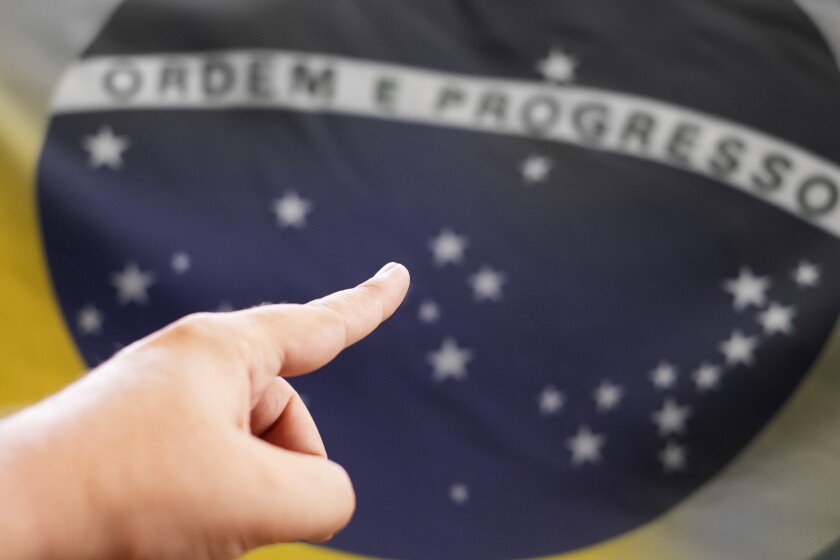On August 28 2024, the Brazilian Supreme Federal Court (STF) brought back to trial Extraordinary Appeal (RE) No. 592.616 (Topic 118). The issue to be decided is whether the inclusion of ISS (local tax on services provision) in the tax assessment base of PIS/COFINS (social contributions on turnover) is compatible with the Constitution.
The decision is being taken under a procedural regime called repercussão geral, which means that its conclusions are binding on all judicial and administrative organs, so decisions reach all interested parties and are not limited to the parties involved in the lawsuit.
Topic 118 derives from the so-called case of the century (tese od século), which was also ruled on by the STF, in 2017. In case RE No. 574.706, the court decided that ICMS (state-level VAT) should be excluded from the tax assessment base of PIS/COFINS. The STF also defined a modulation of the effects of these rulings. By analogy to this case, many taxpayers have claimed the exclusion of other taxes from the assessment base of social contributions on turnover, such as ISS.
The details of the judgment
Topic 118 started to be analysed by the STF in 2020 in a virtual trial, in which judges only make public their positions, not debating them in a specific and public session, and only watching recorded videos of the attorneys’ reasoning. On that occasion, the reporting judge for the case voted in favour of the taxpayer, asserting that ISS could not be included in the PIS/COFINS taxable base, for it is a financial inflow that cannot be considered part of the turnover.
Supreme Court Judge Dias Toffoli, on the other hand, voted for the constitutional validity of including ISS in the PIS/COFINS taxable base. He reasoned that such amounts are part of the taxpayer's assets and should be incorporated in the assessment base. The session was suspended, because the president of the court took the case out of the virtual trial and sent it to the schedule of live trials, to be decided with live actions by the attorneys and debates among the judges.
Before the suspension of the first trial session, eight judges out of 11 had voted on the matter and the score was 4–4. Three judges who decided in favour of the taxpayers in the virtual session have retired; however, their votes still count in the next trial session.
Four years after the initial virtual session, on August 28 2024, the court revisited the case in a live session. But once again the trial was suspended, motivated by André Mendonça, a Supreme Court judge, presenting a suggested modulation of the effects of the decisions.
Judge Mendonça recognised in his vote that ISS should be excluded from the tax assessment base of PIS/COFINS. Nevertheless, he proposed that the STF's decision should only have prospective effects from the publication date of the judgment's minutes. This way, the amounts unduly collected from taxpayers before the STF's decision would not be refunded. Furthermore, taxpayers who suspended the payment of PIS and COFINS on the amounts corresponding to ISS due to a preliminary injunction (a non-final judicial decision) would not be charged retroactively.
The controversy surrounding the proposal made by Judge Mendonça concerns the creation of an anti-isonomic situation between the taxpayers. Thus, if the modulation of the effects is accepted as proposed by Judge Mendonça, who has not voted on the matter yet, the taxpayers that made the PIS/COFINS payments with the (supposedly unconstitutional) inclusion of ISS in the taxable base will not be refunded, despite the decision stating that the inclusion of local tax in the assessment base of social contributions violates the Constitution.
On the contrary, taxpayers who decided to exclude those amounts from the social contributions base will not be liable for the difference before the federal government.
Final considerations
This case is significant for the federal government regarding budgetary amounts, with an estimated impact of BRL34.5 billion, according to the 2024 Budget Guidelines Law. Before the last suspension of the trial, the score was established at 5–5.
The substantial impact on public accounts is one of the primary reasons for the proposal to modify the effects of the decision that was presented by Judge Mendonça. By mitigating the scope of the STF’s decision, it is possible to reduce its economic impacts.
For taxpayers, this discussion is also crucial, as a ruling by the STF in favour of the taxpayers could result in a reduction of the taxable base of contributions, potentially alleviating their tax burden.
The scenario in court remains unresolved after the suspension of the last trial session. However, it is important to keep in mind that the STF ruled in favour of the taxpayers in the case from which Topic 118 derives, despite the huge economic impact of the decision on the federal government.













